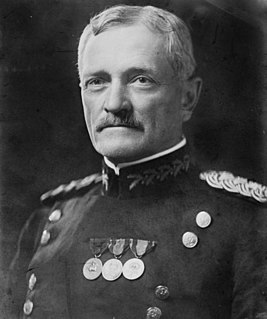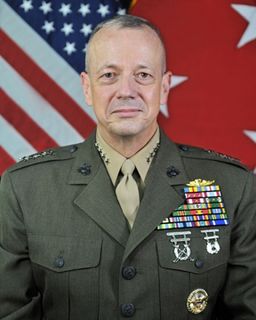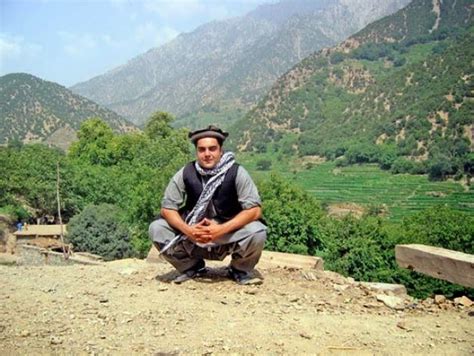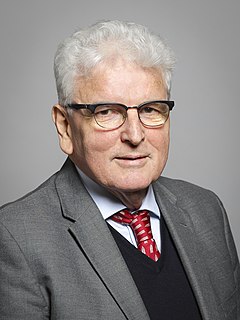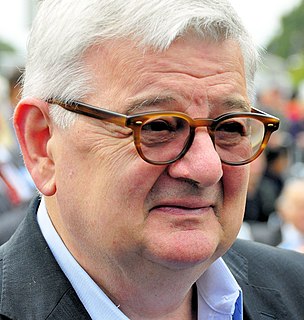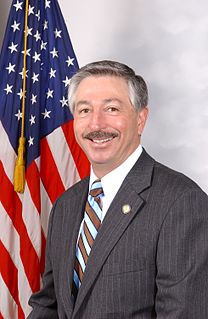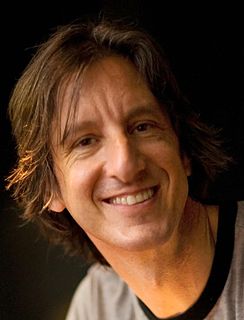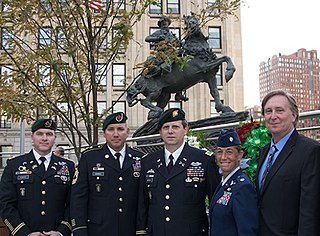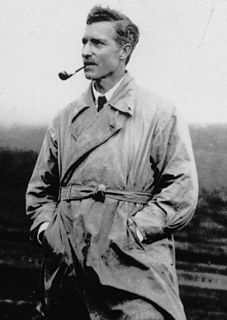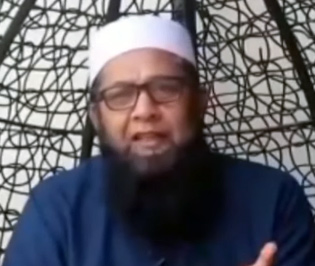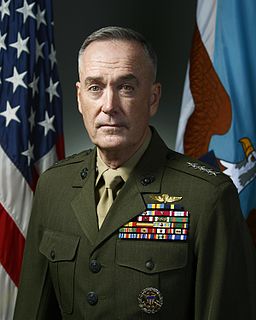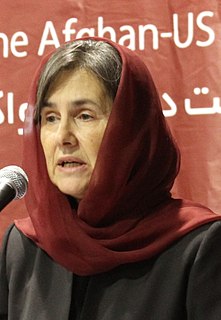Top 1200 Troops In Afghanistan Quotes & Sayings - Page 2
Explore popular Troops In Afghanistan quotes.
Last updated on April 22, 2025.
In Afghanistan, U.S. troops are now holding an American man who has been fighting alongside the Taliban. His mother says he was born in Washington, D.C. and his father's a lawyer. Well, that explains it. ... He surrendered to authorities and said he wants to go back to his old job - airline security guard.
Because of you, in Afghanistan we've broken the momentum of the Taliban. Because of you, we've begun a transition to the Afghans that will allow us to bring our troops home from there. And around the globe, as we draw down in Iraq, we have gone after al Qaeda so that terrorists who threaten America will have no safe haven, and Osama bin Laden will never again walk the face of this Earth.
[Barack Obama] is sending more troops [to Afghanistan], but they have also realized that we are not going to win that war through guns and tanks. We have to engage the neighbors, and it is good that there is a non-military strategy in addition to a military strategy. It is, at least, encouraging. Whether it will work or not, the jury is still put.
The spirit of Thanksgiving rests in our recognizing the blessings in our lives, and as we all take stock, I hope you will join me in expressing sincerest thanks to our soldiers serving in harm's way in Iraq, Afghanistan, and around the world. May God bless you on this day of thanks, and may God protect our troops.
It will take time to eradicate a cancer like Isil. And any time we take military action, there are risks involved - especially to the servicemen and women who carry out these missions. But I want the American people to understand how this effort will be different from the wars in Iraq and Afghanistan. It will not involve American combat troops fighting on foreign soil.
There's a disconnect there between - you're telling me this [war in Iraq] is fight of our generation, and you're going to increase troops by 10 percent. And that's gonna do it. I'm sure what [George W.Bush] would like to do is send 400,000 more troops there, but he can't, because he doesn't have them.
The Israelis have taken a lot of security measures which reduce significantly the ability of Iran to inflict truly severe pain in Israel. But America is vulnerable with 100,000 troops in Iraq and more than half of that in Afghanistan, and we depend heavily on access to Middle Eastern oil. We're sitting targets for debilitating Iranian retaliation.
We need to provide support to those that are fighting ISIS. And we can provide that support: logistically, training, intelligence, air cover. There are many things we have already accomplished successfully. But the notion of sending in rotational troops, as we saw in Iraq in the past, and in Afghanistan, I think we have learned our lesson.
What happened to those men and women at Fort Hood had a horrible symbolism: Members of the best trained, best equipped fighting force on the planet gunned down by a guy who said a few goofy things no one took seriously. And that's the problem: America has the best troops and fiercest firepower, but no strategy for throttling the ideology that drives the enemy — in Afghanistan and in Texas.
The ongoing war in Afghanistan is being imposed on us, and Afghans are being sacrificed in it for someone else's interests. We are not blocking the interests of the United States or other major powers. But we are demanding that if you consider Afghanistan the place from which to advance your interests, then you should also pay attention to Afghanistan's interests.
There is no military solution to the war in Iraq. Our troops can help suppress the violence, but they cannot solve its root causes. And all the troops in the world won't be able to force Shia, Sunni, and Kurd to sit down at a table, resolve their differences, and forge a lasting peace. In fact, adding more troops will only push this political settlement further and further into the future, as it tells the Iraqis that no matter how much of a mess they make, the American military will always be there to clean it up.
I will never say, 'support the troops.' I don't believe in the validity of that statement. People say, 'I don't support the war, I support the troops' as though you can actually separate the two. You cannot; the troops are a part of the war, they have become the war and there is no valid dissection of the two. Other people shout with glaring eyes that we should give up our politics, give up our political affiliations in favor of 'just supporting the troops.' I wish everything were that easy.
I've not been to Afghanistan or - but what people are clearly pointing to is that it becomes more difficult to have it. You could do it. I think weather is a factor. The most important factor though is credibility and legitimacy. What I wanted earlier to say is what I think Senator [John] Kerry is pointing to, which is important, is the strategic review on whether to send more troops is only one piece of the puzzle, important piece.
Jan 1899 You must aim at the Staff College, but for the love of God never become a professional Staff Officer. Never lose touch with the troops. Remember that you serve the troops and it is the troops who matter. They are the folk who win victories, take care of your men and they will never let you down.
The drones are really interesting - how have the troops withdrawn from Afghanistan? Because we've upped the drone strikes and most of the country doesn't even really know what that means or who we're killing or... it's such a new weapon that we don't know what the long term impacts of that kind of military action is going to be.
Counting the numbers of troops is not going to define our success here.There is no military success, ultimately, to Afghanistan. The Afghans themselves are going to define what happens here. And we have to convince ourselves that we have a strategy in place that empowers them to do that and that is realistic in what our expectations are from them and on what schedule.
If Afghan soldiers continue to kill American soldiers as is happening these days, it can hardly be assumed that they will stay in Afghanistan in the long term. And what role are they to play? There will not be enough soldiers to ensure the security of the country. But will the US still be permitted to kill terrorists in Afghanistan and Pakistan with un-manned drones? That could worsen the situation in the neighboring states and they could view Afghanistan as a threat.
The president [Barack Obama] decided to leave more troops than he had originally planned in Afghanistan. We have a very cooperative government there, with Ashraf Ghani and his top - his top partner, Abdullah. And they are doing their very best. And the Afghan army is actually fighting. The Afghan army is taking heavy losses defending Afghan territory.
Senator Kerry does not support our troops. If he had won the election, there wouldn't be any troops left in Iraq. President Bush, on the other hand, has given our troops an opportunity to fight without end. That's creating jobs. In fact, the president's policies helped create 104 more job openings last month. Now who's stupid, Senator?
